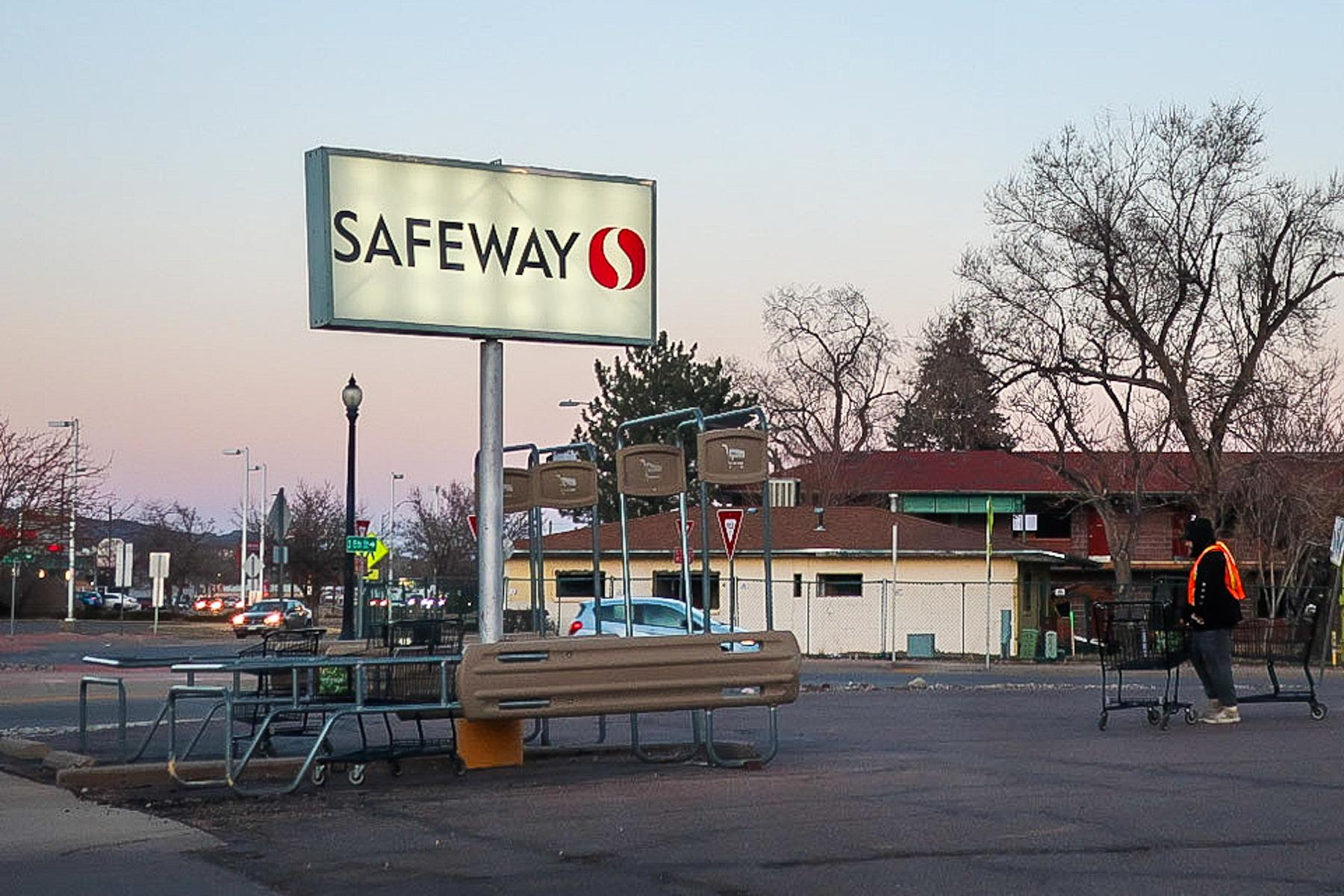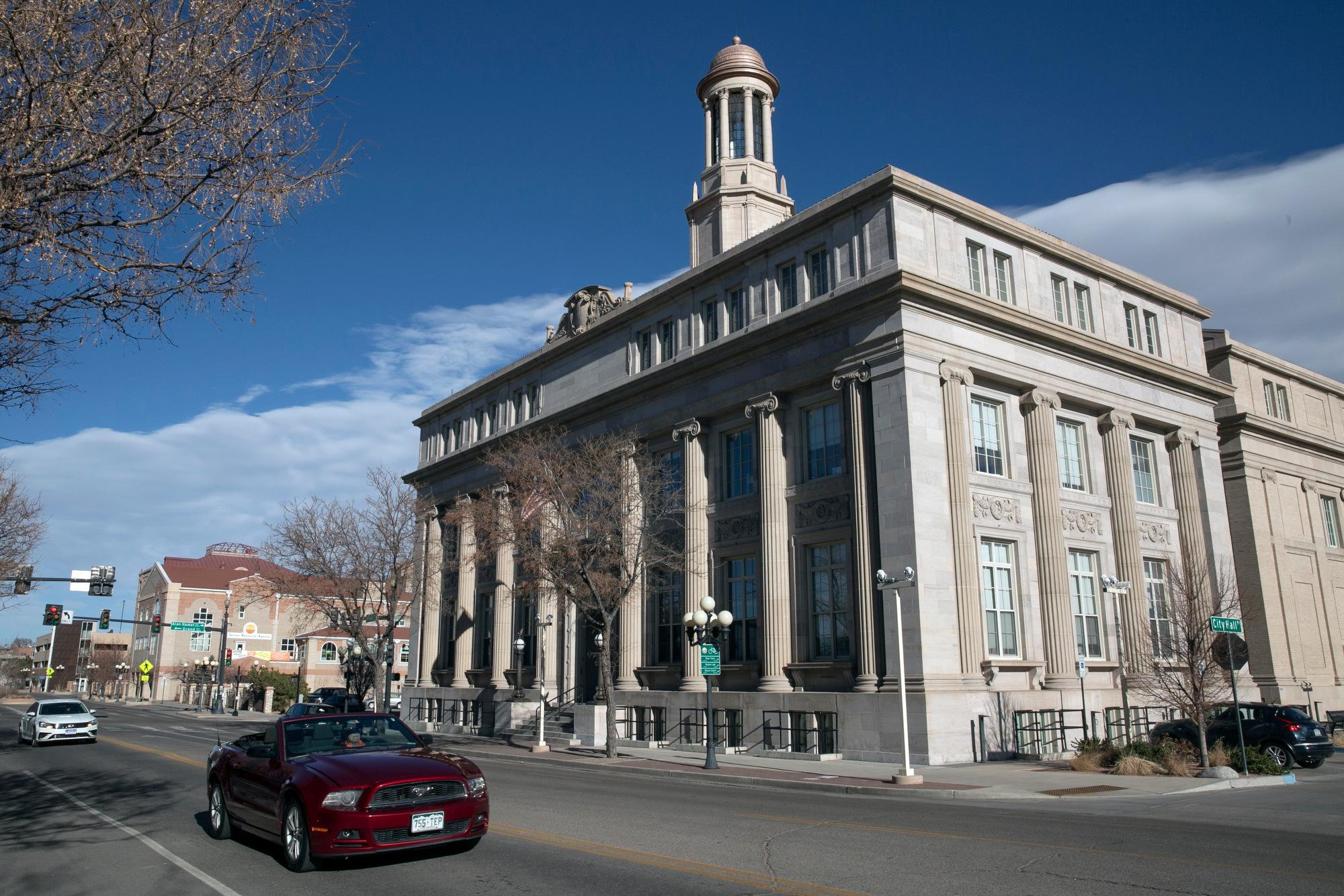
By Dee-Ann Durbin/AP
Albertsons is giving up on its merger with Kroger and it is suing the grocery chain, saying it didn't do enough to secure regulatory approval for the $24.6 billion agreement.
The move came the day after two judges halted the merger in separate court cases. U.S. District Court Judge Adrienne Nelson issued a preliminary injunction blocking the merger Tuesday after holding a three-week hearing in Portland, Oregon. An hour later, Judge Marshall Ferguson in Seattle issued a permanent injunction barring the merger in Washington after concluding it would lessen competition in the state and violate consumer-protection laws.
Colorado also sued to block the merger on grounds it would reduce competition. Kroger, the largest grocer in Colorado, owns King Soopers and City Market. Albertsons owns Safeway.
Colorado Attorney General Phil Weiser said Wednesday that the state is still waiting for a ruling in its case. In addition to challenging the merger, the Colorado lawsuit alleges the companies engaged in illegal no-poach and no solicitation agreements during the 2022 King Soopers Strike.
“It is the critical role of the marketplace to get workers the best jobs they can,” Weiser said during a conference call with reporters on Wednesday. “Workers have a right to compete and to get their services to the highest bidders. These two companies entered into an agreement that harmed workers and they need to be held to account for that.”
Kroger and Albertsons in 2022 proposed what would have been the largest grocery store merger in U.S. history. The companies said a merger would help them better compete with big retailers like Walmart, Costco and Amazon.
Under the merger agreement, Kroger and Albertsons — who compete in 22 states — agreed to sell 579 stores in places where their locations overlap to C&S Wholesale Grocers, a New Hampshire-based supplier to independent supermarkets that also owns the Grand Union and Piggly Wiggly store brands.
But the Federal Trade Commission sued to block the merger earlier this year, saying it would raise prices and lower workers' wages by eliminating competition. It also said the divestiture plan was inadequate and that C&S was ill-equipped to take on so many stores.
On Wednesday, Albertsons said that Kroger failed to exercise “best efforts” and to take “any and all actions” to secure regulatory approval of the companies’ agreed merger transaction.
Albertsons said Kroger refused to divest the assets necessary for antitrust approval, ignored regulators' feedback and rejected stronger divestiture buyers.
Kroger willfully breached the Merger Agreement in several key ways, including by repeatedly refusing to divest assets necessary for antitrust approval, ignoring regulators’ feedback, rejecting stronger divestiture buyers and failing to cooperate with Albertsons.
“Kroger’s self-serving conduct, taken at the expense of Albertsons and the agreed transaction, has harmed Albertsons’ shareholders, associates and consumers,” said Tom Moriarty, Albertsons’ general counsel, in a statement.
Kroger said that it disagrees with Albertsons “in the strongest possible terms.” It said early Wednesday that Albertsons was responsible for “repeated intentional material breaches and interference throughout the merger process.”
Shares of Albertsons rose more than 2 percent at the opening bell of the New York Stock Exchange, while Kroger's stock rose slightly.
CPR's Sarah Mulholland contributed to this report.









